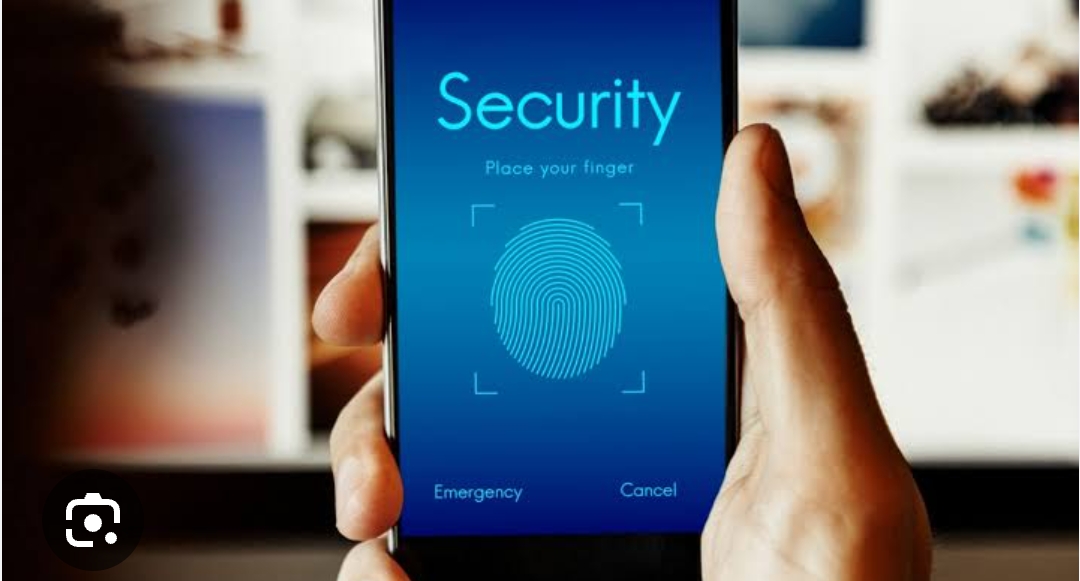In an era where digital presence is nearly as vital as physical existence, mobile applications by mobile app development company in Dubai have become central to our daily routines. From managing finances to tracking health, shopping to social networking, the convenience of having these functionalities in our pockets is undeniable. However, this convenience also brings with it a host of security concerns. Enhancing mobile app safety has therefore become a critical challenge in the digital age, requiring a multifaceted approach that involves developers, users, and regulatory bodies.
The Developer’s Role: Building Fortresses
The first line of defense in enhancing mobile app safety lies with the developers. It’s imperative for developers to incorporate security measures right from the initial stages of app design. This includes adopting secure coding practices, regularly updating and patching software, and employing rigorous testing methods to uncover and fix vulnerabilities.
Encryption is a non-negotiable feature. Data, both at rest and in transit, should be encrypted to prevent unauthorized access. Implementing strong, industry-standard encryption algorithms helps protect sensitive information such as personal details, payment information, and login credentials.
Authentication mechanisms are also crucial. Two-factor authentication (2FA) or multi-factor authentication (MFA) should be standard to add an extra layer of security. Biometric authentication methods, such as fingerprint or facial recognition, offer additional security by ensuring that only the rightful owner can access the app.
The User’s Responsibility: Vigilance and Awareness
Users play a crucial role in maintaining their own security. First and foremost, practicing good digital hygiene is essential. This includes using strong, unique passwords for each app, being cautious about the permissions granted to apps, and regularly updating apps to ensure the latest security patches are applied as suggested by mobile app development company in Qatar.
Public Wi-Fi networks pose a significant risk, as they can be easily compromised. Users should avoid conducting sensitive transactions or accessing personal information while connected to these networks. Employing a virtual private network (VPN) can provide an additional layer of security by encrypting the data transmission.
Awareness is another critical factor. Users should be educated about the common tactics used by cybercriminals, such as phishing attacks, and be vigilant about the signs that might indicate a compromise. Recognizing suspicious links, emails, or app behavior can prevent unauthorized access and data breaches.
The Regulatory Environment: Setting Standards and Ensuring Compliance
Regulatory bodies play a pivotal role in enhancing mobile app safety. By setting standards and regulations, they ensure that developers adhere to best practices in data protection and privacy. Regulations such as the General Data Protection Regulation (GDPR) in the European Union and the California Consumer Privacy Act (CCPA) in the United States mandate strict guidelines for data collection, storage, and processing.
Compliance with these regulations not only protects users but also builds trust. Developers who demonstrate a commitment to security and privacy can distinguish their apps in a crowded market, attracting users who value their digital safety.
Looking Ahead: The Future of Mobile App Safety
The future of mobile app safety will likely see the adoption of advanced technologies such as artificial intelligence (AI) and machine learning (ML) to predict and prevent security breaches before they occur. Blockchain technology could also offer new ways to secure transactions and protect data integrity.
However, as technology advances, so do the tactics of cybercriminals. Therefore, a proactive and adaptive approach to security is essential. Developers, users, and regulatory bodies must continue to collaborate, sharing knowledge and resources to stay one step ahead of threats.
In conclusion, as per software development company Dubai enhancing mobile app safety in the digital age is a shared responsibility. By combining robust development practices, informed user behavior, and stringent regulatory standards, we can create a digital environment where convenience does not come at the cost of security. As we become increasingly reliant on mobile applications, ensuring their safety is not just a necessity but a priority for a secure digital future.















